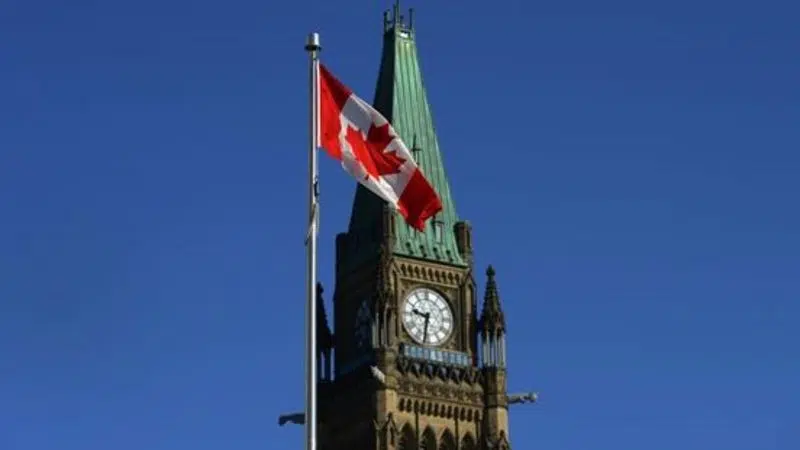
Tiny increase in young appointees to federal posts after Liberal overhaul
OTTAWA — The Liberal government’s changes to the federal appointments system has yielded a small increase in the number of younger people getting government posts, but their overall representation lags their proportion of the Canadian population, newly released documents show.
Documents from the Privy Council Office show that when the Liberals took office in late 2015, a tiny fraction of the hundreds of posts filled by ministerial and cabinet appointments were people between the ages of 25 and 34.
By March 2018, the figure increased by a small amount to 1.3 per cent of all appointees — or 24 people out of 1,829 total jobs — even though the group made up just under 20 per cent of the national population.


